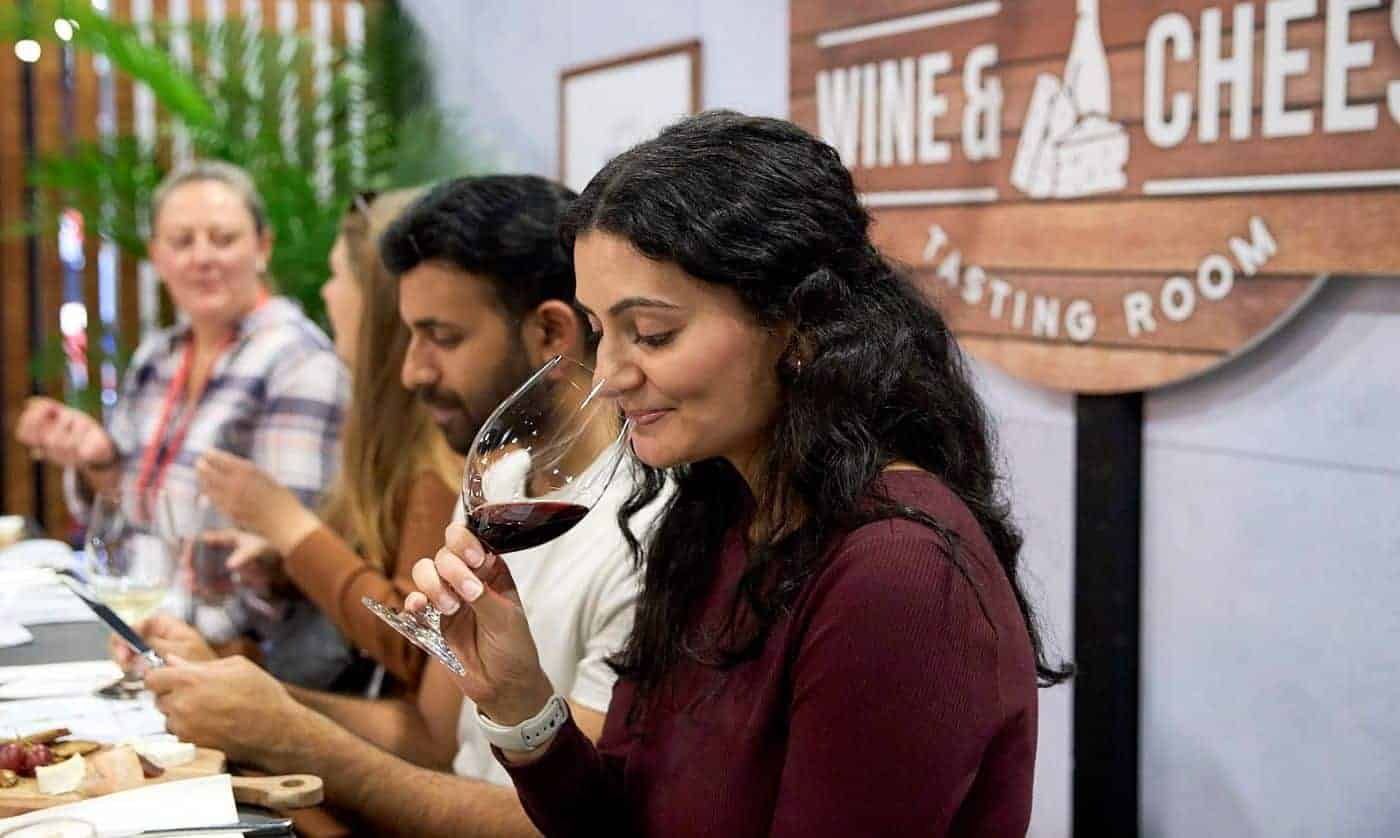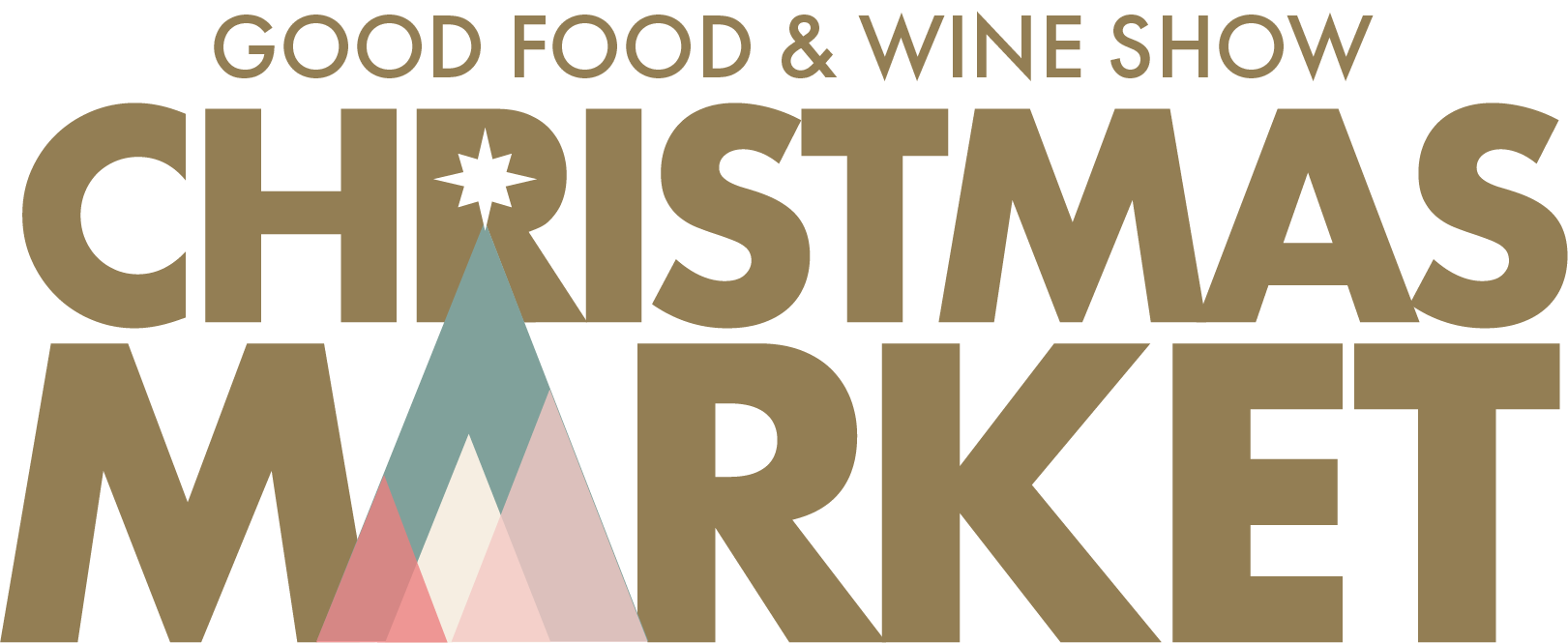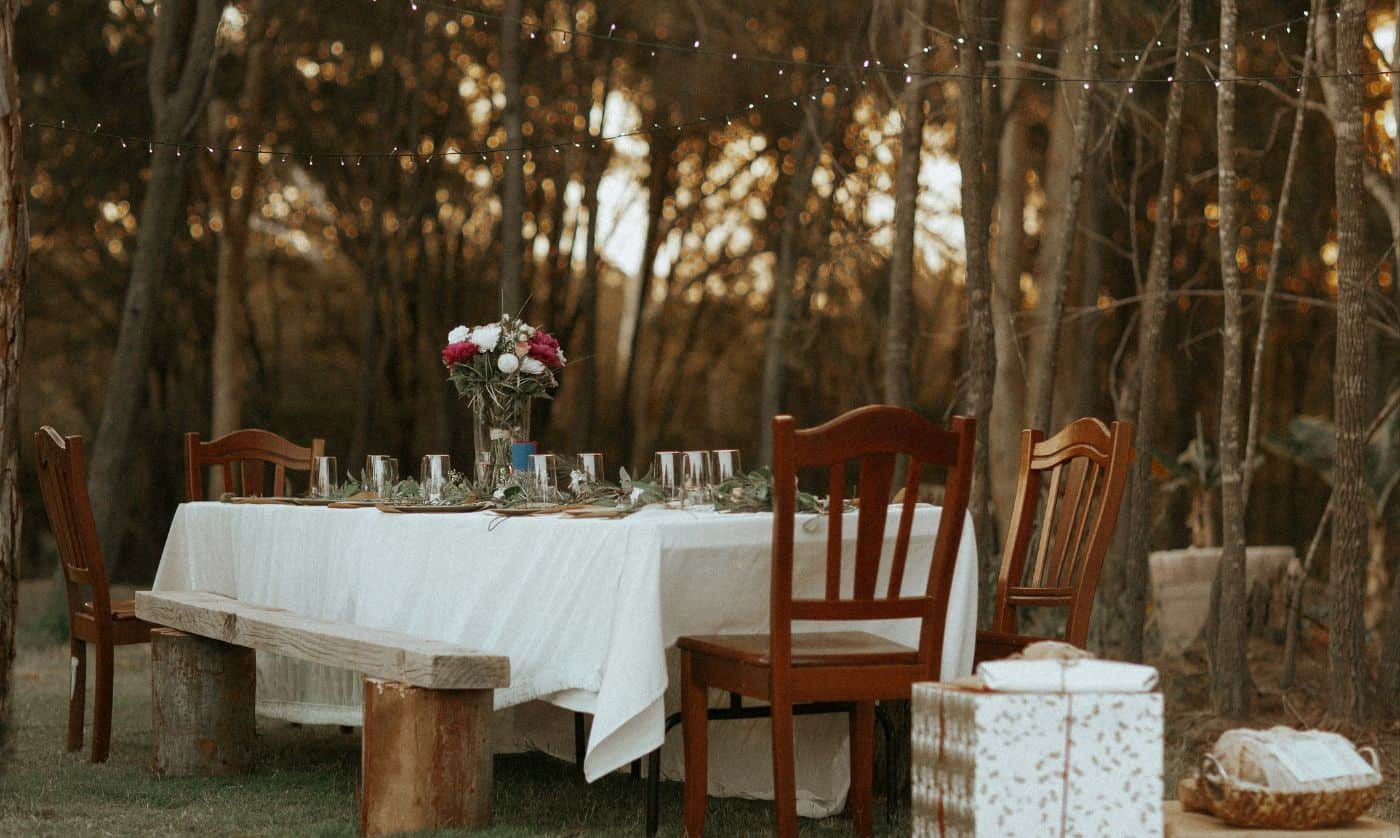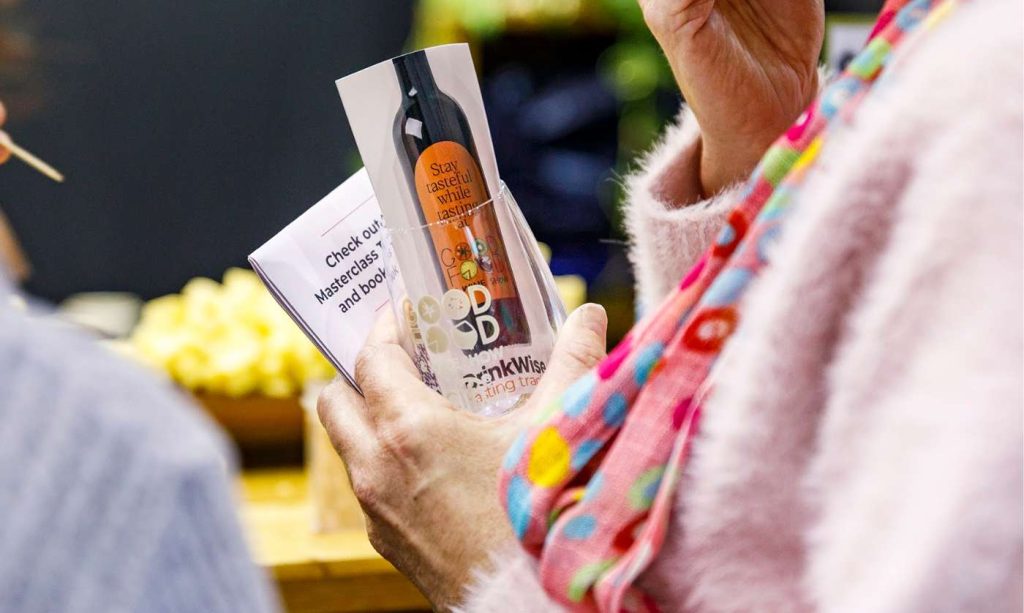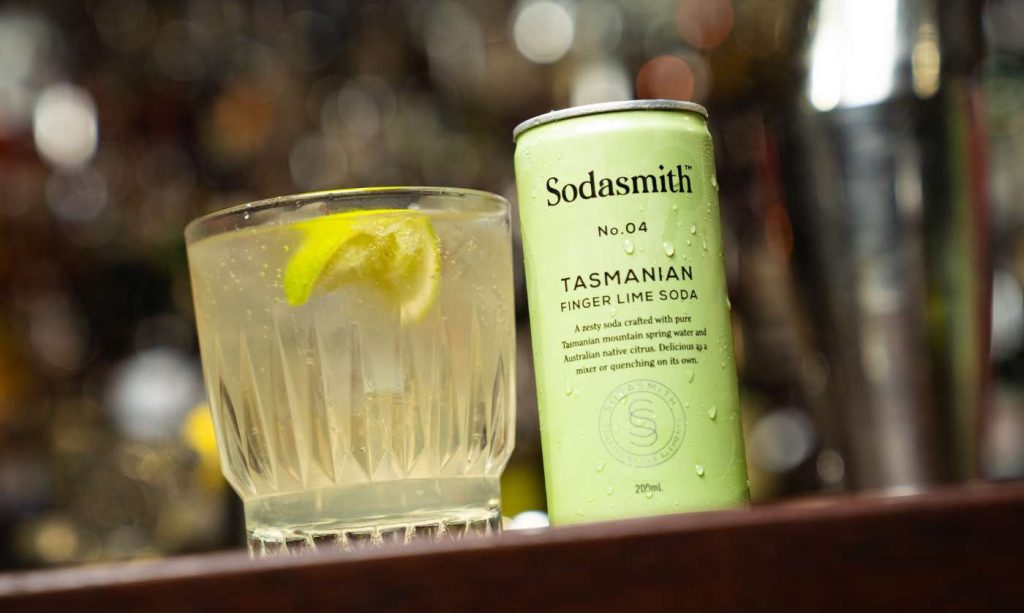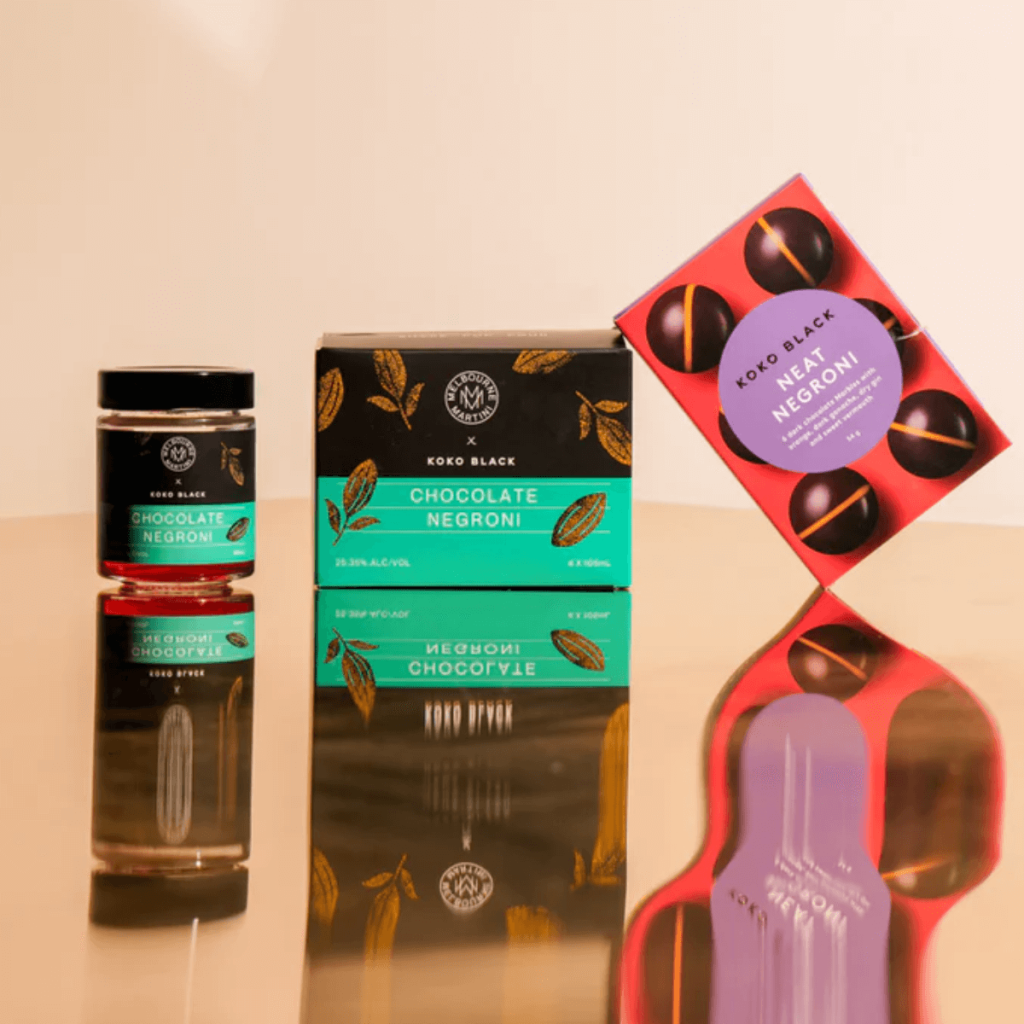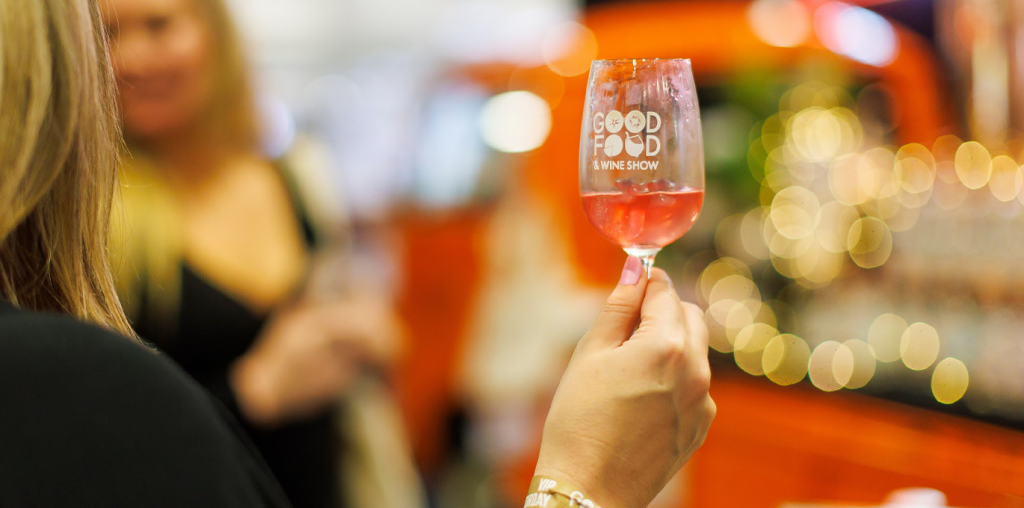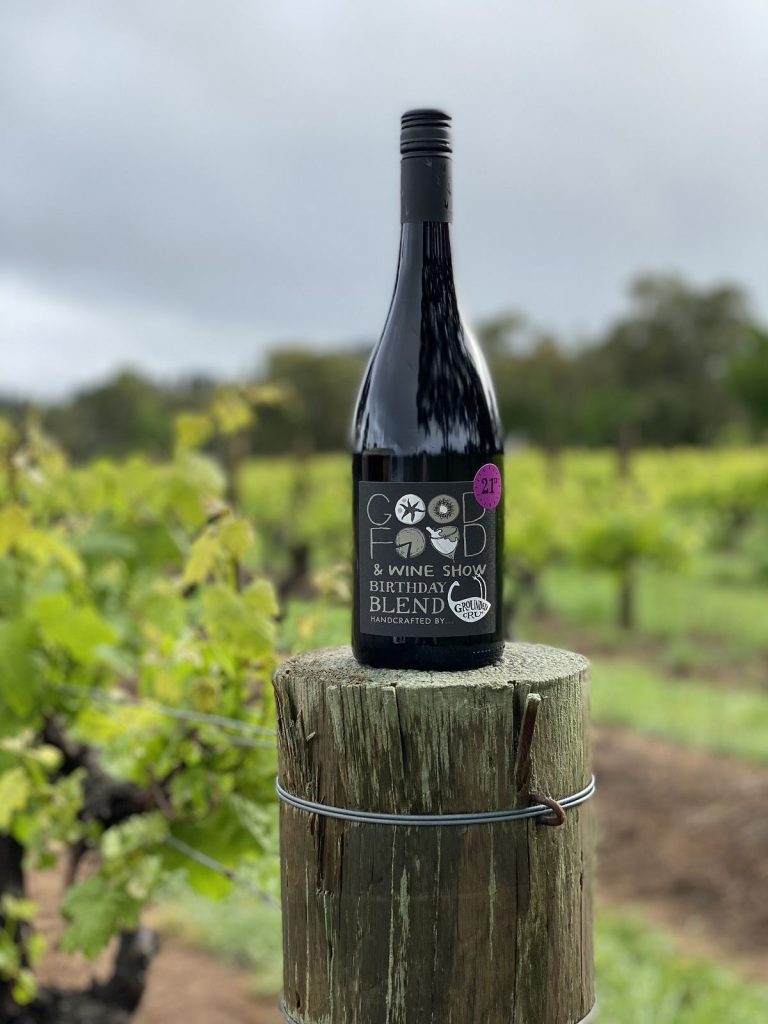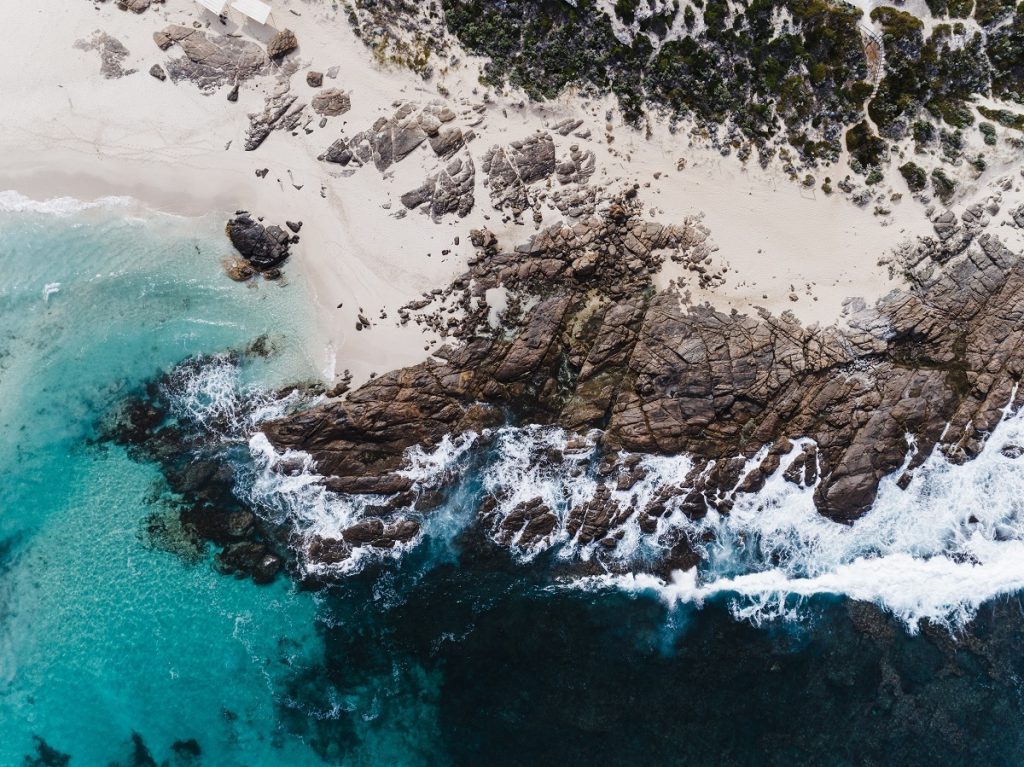How To Age Wine
Published 28 Aug, 2024
Ever wondered why we age wine, what makes aged wine so special, or what the best way of ageing wine is? Wine Selectors have got you covered with this fantastic guide so you can age wine at home like a pro!
Even if you’re new to wine, you’ve likely heard that wines get just better with age. While not true for every wine – particularly less expensive wines and most white wines – there’s no question that popping a good quality wine in a suitable cellar can help that wine develop secondary characters over time that are well worth the wait.
For those who are thinking of establishing a wine collection, it’s relatively easy to age wines for yourself at home. If that sounds like you, you might have asked yourself the following: what are the best wines for ageing? How long can wine age before it goes bad? And what’s the best way to age wine in your own home?
Before we tackle the above, let’s begin by looking at what happens in the bottle as you age wine.
What happens to wine as it ages?
For the most part, the following happens to wines over their time in the cellar.
- Red wines become lighter in colour, while white wines become darker.
- Primary fruit aromas merge into a more complex ‘bouquet’ as secondary (bottle age) characters mingle with the remaining primary (fruit) characters.
- At the same time, powerful fruity flavours change into and mix with subtler savoury ones.
- Acidity and tannin levels fall away, soften, and all elements integrate.
These factors all contribute to a vintage wine becoming more desirable – and typically more expensive – as it ages.
Which wine ages well?
Some of Australia’s most famous region-variety combinations are also our best wines for ageing. These include: Hunter Valley Semillon, Coonawarra Cabernet Sauvignon, Clare Valley Riesling, Barossa Shiraz, and Tasmanian Premium Sparkling.
Beyond these iconic wines, there are certain characteristics to look out for which indicate if a wine is worth putting away. One of the most indicative is whether the wine has a good structure – that is, adequate acidity – and, in the case of red wines, firm tannins. Essentially, acidity and tannins are your building blocks for a wine with ageing potential.
If you’re just not sure, the pedigree of the winery or previously successful vintages can be a useful guide to a wine’s potential. Also, whether you buy your wine direct from cellar doors or from reputable wine sellers, most provide tasting notes outlining the wine’s peak drinking window.
To recap, when looking at which wines to cellar, consider the following region-and-variety wines:
- Hunter Valley Semillon
- Coonawarra Cabernet Sauvignon
- Clare Valley Riesling
- Barossa Shiraz
- Tasmanian Sparkling
And remember: as a rule, wines that will age well do so for the following reasons:
- They are higher in acidity
- In the case of red wines, they have firmer tannins
- The winery and their previous vintages are known for their quality
How do I cellar wine?
Cellaring wine can seem daunting, but the basics are simple to understand. If you have a space in your home that is reasonably dark, is away from sunlight and can be kept at a reasonably cool and steady temperature, you have all you need to get started.
Temperature really is the first consideration. Consistent temperatures of between 12°C to 14°C are key to avoiding adverse chemical reactions which alter the structure and flavour of the wine. Small temperature swings are going to be fine for most home cellars, but choosing to cellar your wine near a window, refrigerator, or hot water tank is not advisable.
This leads us to the next main tip for cellaring – keep your bottles in the dark. Similar to the stress placed on a wine with temperature shifts, so too can light have adverse effects on the quality of your wine. Also, it’s best to avoid vibrations, i.e., washing machines and dryers are not great cellaring buddies, so don’t put your wines in your laundry!
Finally, the ideal humidity level should be about 50%. Lay your bottles on their side if you are cellaring bottles with cork closures. This helps keep the cork exposed to the wine within, preventing it from drying out and breaking apart. Bottles with screw cap closures, on the other hand – like the majority of wines sold today – can be stored upright without concern.
In brief, when cellaring wine, aim to:
- Store your wine between 12-14oC
- Maintain a humidity level of about 50%
- Avoid storing near appliances of sources of vibration
- Store your wine in a dark spot out of direct sunlight
How long should I cellar wines for?
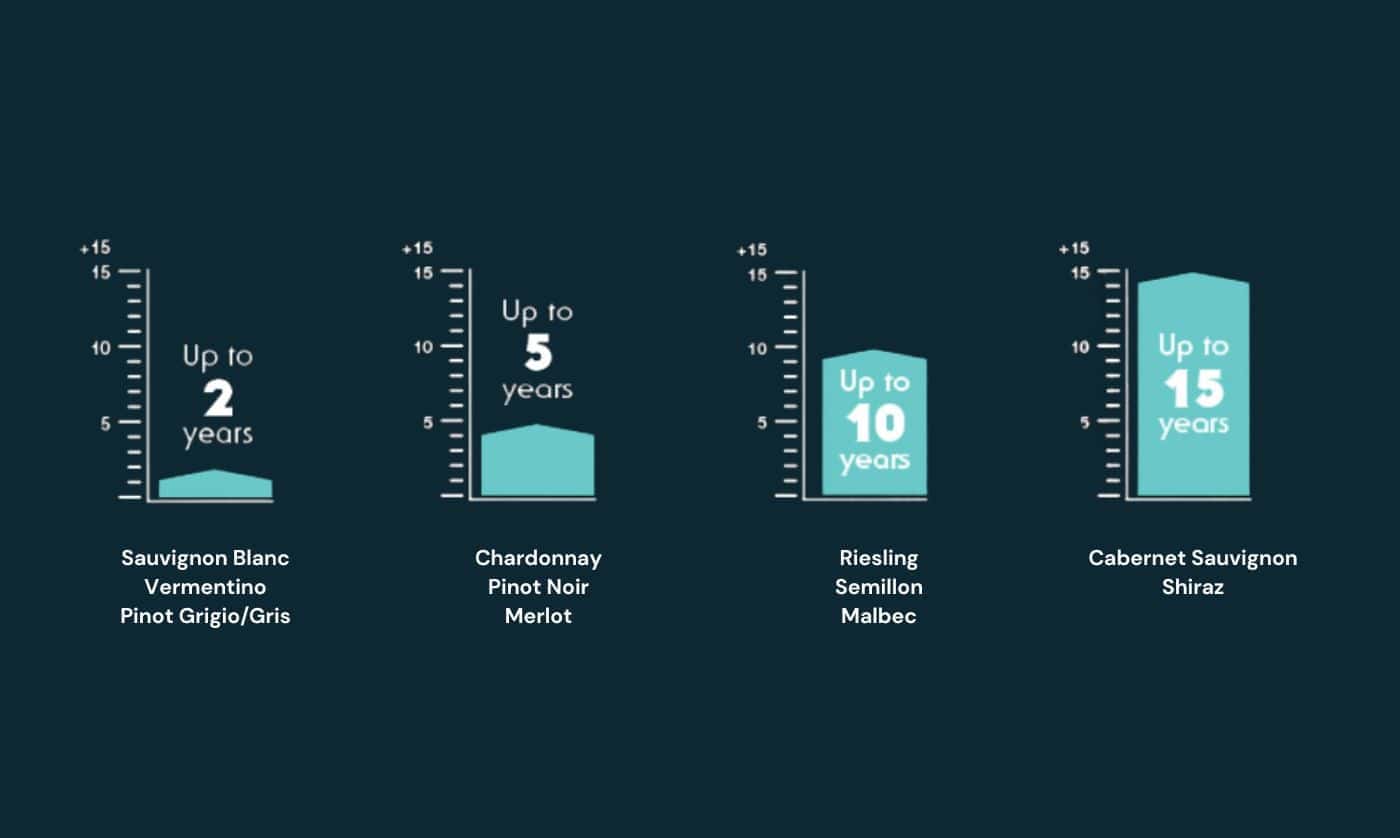
As a general rule, the length of time to cellar your wine for depends on the variety, as well as the initial qualities of the wine and vintage, and whether your cellar is able to be kept at optimal conditions detailed above.
We recommend ageing:
- Up to 2 years: for Sauvignon Blanc, Pinot Gris/Grigio, Vermentino
- Up to 5 years: for Chardonnay, Pinot Noir, Merlot
- Up to 10 years: Riesling, Semillon, Malbec
- Up to 15 years: Cabernet Sauvignon, Shiraz
How do I know when to open an aged wine?
While not all wines are made with ageing in mind, all wines age in the same fashion. That is, they have a ‘window of peak drinking’. This is when a wine is at its peak, and will not get any better. An aged wine therefore may be described as being within its ‘ideal drinking window.’
What determines when a wine reaches its peak depends on a number of things – variety, vintage, region and style. This peak drinking window can either be soon after vintage, for example Yellow Tail Shiraz is generally a young drinker; or, a peak may not be reached until a number of years after vintage, as in the likes of Penfold’s Grange.
A young-drinking wine will generally have a shorter window, perhaps 1 to 2 years, while one made for cellaring can have a window that spans decades. So, the short answer is, it all depends on your bottle. The variety, region, style, and vintage all play a part. As does how the wine has been treated since it has been bottled, and whether or not it has cellared carefully. If in doubt, ask an expert or contact the winery for advice.
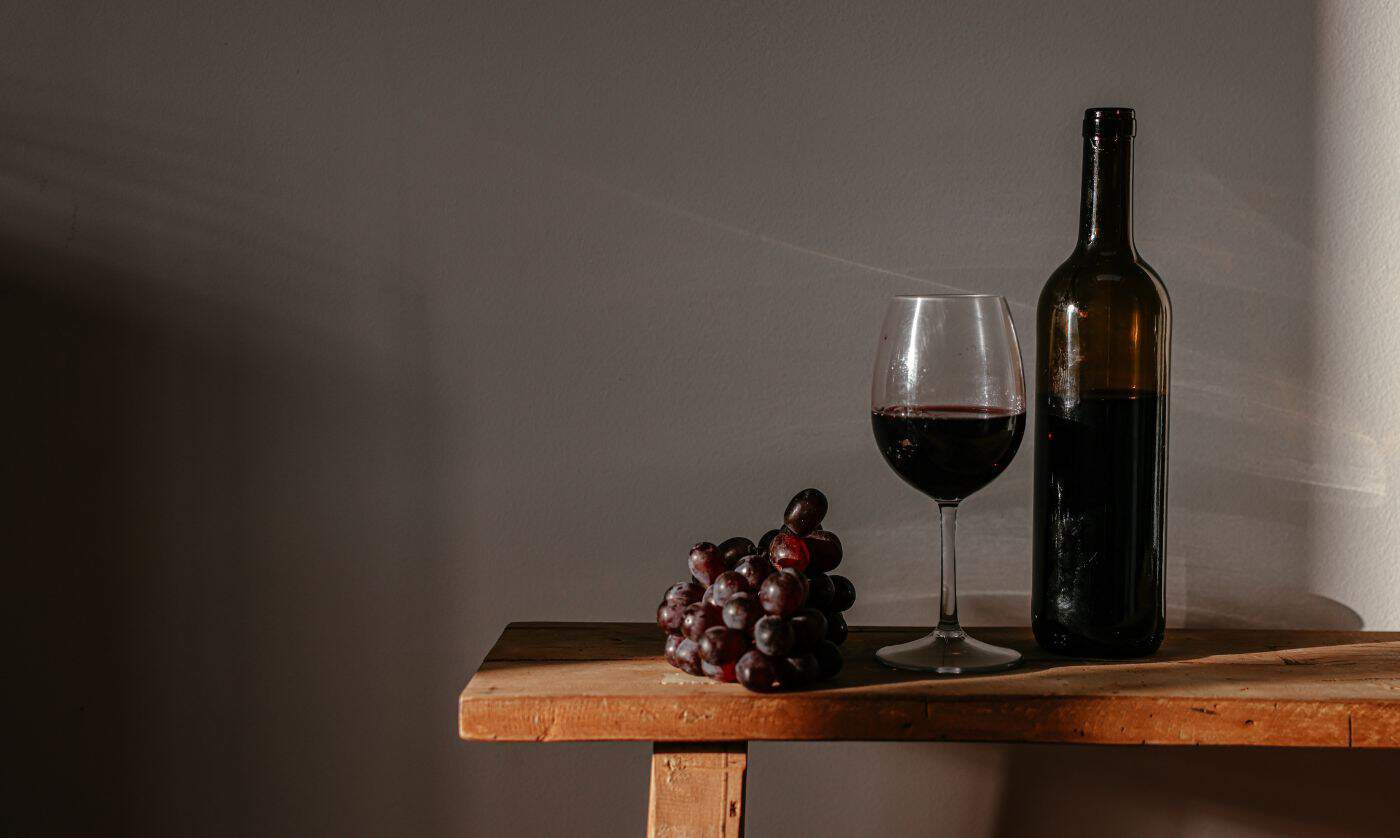
What happens if you age a wine too long?
Simply put, when you age a wine too long, it will pass its peak and it will lose its fruit character. It will become ‘flabby’ and lacking in freshness and acid/tannin balance. Always pay attention to the cellaring advice or drinking window on the wine bottle label. If you have an extensive collection, we suggest keeping a cellar log detailing when you put down each bottle and its ‘cellar to’ date.
Can I age wine in the fridge?
Ageing wine in a domestic household fridge is not recommended but carefully storing them in a specially designed wine fridge or cabinet is.
Problems with using a domestic fridge include:
- The incorrect temperature for optimal cellaring.
- Food odours can seep through cork causing spoilage.
- Unwanted movement and vibration due to regular opening and closing, plus moving other items around.
It really is important to store wine correctly to ensure you can enjoy your delicious vinous offerings at their best. One of the most effective ways to do that is in a wine fridge or wine cabinet which is temperature-controlled for optimal conditions to maintain the long-term taste and value of your wines. With a huge range of styles, sizes and price points, there is a wine cabinet to fit every need and budget, and they’re as sleek and fashionable as they are functional.
Can I buy wine that is already aged or cellared for me?
Absolutely! It’s actually quite easy to experience the joys of aged wines without having to worry about finding a dark cool place in your home, wondering if the wine has what it takes to age well, or if the wine is in its peak drinking time or not.
That’s one of the perks of having an expert Tasting Panel as part of the Wine Selectors team. They are there to do all the hard work for you!
Alternatively, many wineries and cellar doors sell so-called ‘Museum Releases’, opening up their cellared treasures to the public, and granting the opportunity to experience certain vintage wines that have been kept and matured by the producers in ideal conditions.
Everything you need to age your wines at home
If you find a wine that meets the above criteria, our Tasting Panel co-Chair Adam Walls has some more info on how best to store wine – make sure to take a look for tips on creating the optimal cellaring environment in your home.
Alternatively, if you want to make the investment, a wine cabinet is ideal – we recommend Liebherr’s range of wine fridges for the ideal, temperature-controlled environment to store your collection in. Order through Wine Selectors and receive a bonus gift card valued at up to $600.
There you have it – your complete guide to ageing wine. For more informative articles and guides to all things wine-related, make sure to check out Selector magazine and explore the site. In the meantime, happy cellaring, from everyone here at Wine Selectors!
Want to learn more about the wonderful world of wine?
Learn the tricks of perfect food and wine pairings while soaking up wine knowledge in a Wine Selectors masterclass at the Brisbane Good Food & Wine Show. You’ll get to taste four premium Australian wines served blind, paired with four matched tastes. It’s not just a tasting—it’s a journey into the art of wine enjoyment! Purchase your tickets to the Brisbane show here.
